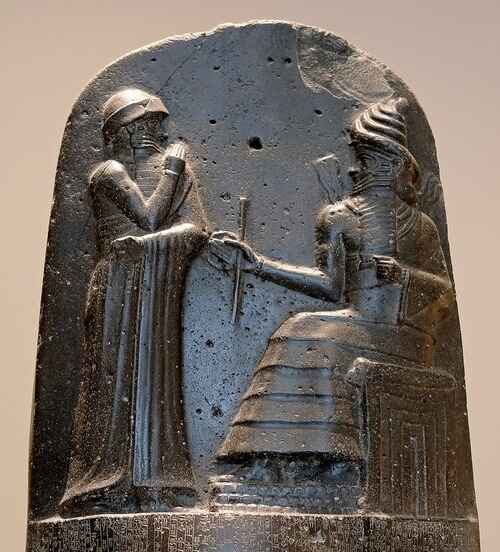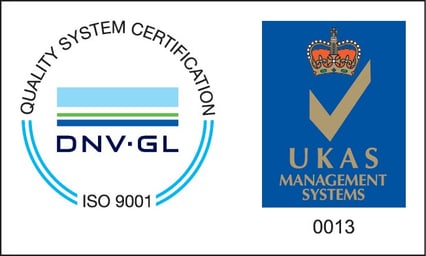A Short Overview of 'Quality'.
 Kenny Hannah
·
2 minute read
Kenny Hannah
·
2 minute read
Welcome to SQMC - we're delighted to have this opportunity to introduce you to the world of Quality Assurance in which we work. To get started in your personal development, please read this entry-level article, which digs down to the roots of the concept of 'Quality'.
‘Quality’ – Setting the Scene.
For millennia, mankind has strived to measure and demonstrate the quality of its wares. Perhaps the first recorded examples of the concept of ‘Quality’ date back as far as the ancient Babylonian King Hammurabi (circa 1792 to 1750 BC). His standards – particularly pertaining to building regulations, were carved into tablets of clay. Nowadays, we have more sophisticated (and complex!) criteria, such as British and International Standards. These are documents that outline commonly agreed principles which you can model your organisation's operations against.
Those attending an SQMC Foundation Level training course for new Quality professionals learn a great deal about one of these Standards in particular: ISO 9001.


Images depicting King Hammurabi on the throne, and the Code of Hammurabi.
Defining ‘Quality’
The biggest mystery about ‘Quality’ is how to define it. Quality can be based on an individual’s perception as well as being about whether a product or service is fit for purpose. For example, which is a quality car – a Rolls Royce or a Mini? The answer is both – as long as they are fit for the purpose for which they were bought!
When people talk about Quality, they are normally most interested in Quality Management Systems (often abbreviated to QMS), Quality Assurance, or Quality Control.
Each of these involves something different. For example, you may have used the term ‘quality and reliability’ before. This specifically refers to a product’s Quality Control and reliability. Quality Control ensures that a product is made to the correct specification, whereas reliability means that the product designer has considered the lifespan of the product (i.e. what is covered by warranty and guarantee) and has determined the quality of parts/ingredients to manufacture it.
Quality Assurance means that an organisation must focus on providing confidence that the quality requirements of its customers will be fulfilled, while Quality Improvement is about expanding an organisation’s ability to meet the quality requirements of its customers. Quality Management is the coordination of an organisation's activities relating to the quality of their product or service; commonly overseen by a Quality Manager.
Quality Management is achieved via a Quality Management System (QMS) – the organisational structure; procedures; processes; and resources required.
Proving Quality
Conducting a QMS audit means collecting evidence (e.g. records or other information) that produces audit findings (the results of evaluating the evidence against audit criteria). This produces an audit conclusion – the outcome of an audit after consideration of the objectives and all the audit findings. An audit conclusion establishes the extent to which the quality procedures or requirements are fulfilled and whether a Quality specification or Standard has been met.
Proclaiming a high standard of quality and reliability is of little use without proper independent verification of those claims. This is where a Certification Body comes in. An independent Certification Body won’t be involved in the creation of your Quality procedures. Their role is to conduct (another form of audit called a ‘third party’) audit for compliance against the Standard. An organisation that cannot clearly demonstrate their capability to adhere to the Standard won’t achieve their targeted ‘Certified’ status from the Certification Body, and furthermore, may struggle to win certain contracts when dealing with savvy and cautious procurement officers.

Certification of a QMS is so important to modern society because it gives a customer confidence that the quality of a product or service will be of a certain standard and consistency. For example, a restaurateur buying baking potatoes every week doesn't want to jeopardise his reputation by having to serve undersized jacket potatoes one week because his supplier let him down. Bear in mind that it’s always the buyer's responsibility to ensure the quality of the product or service meets their own requirements. The purpose of independent certification is to remove guesswork and uncertainty when selecting a supplier, virtually ‘guaranteeing’ the consistency of a service or product’s quality.

